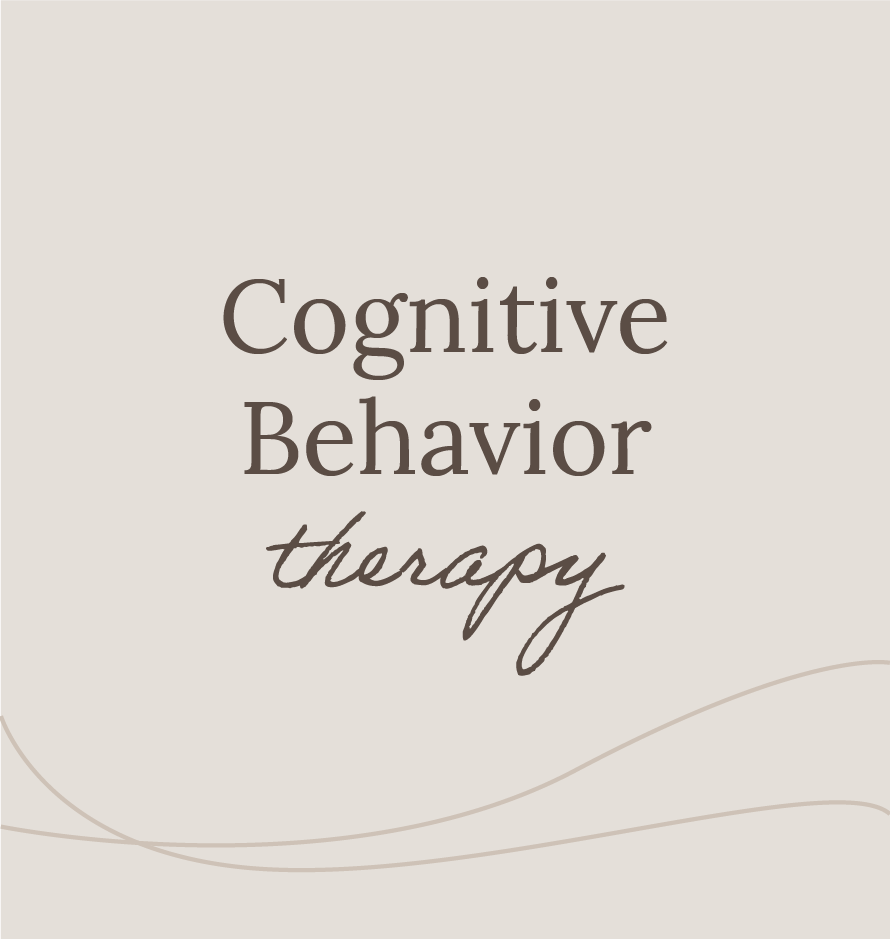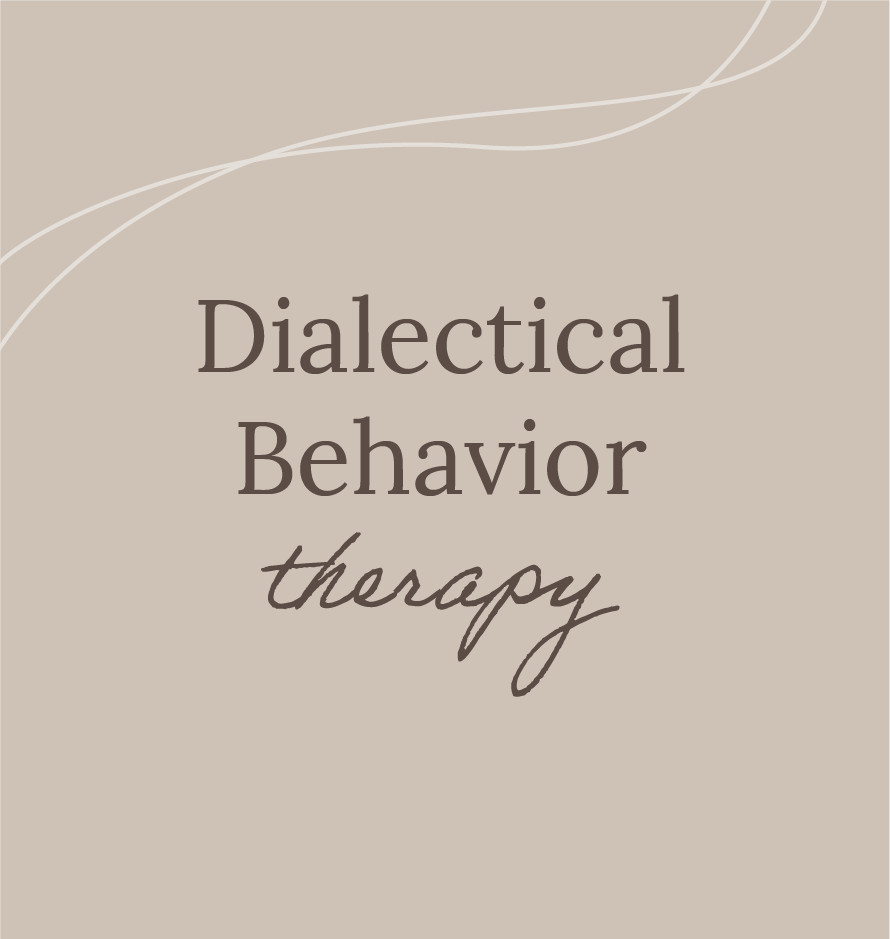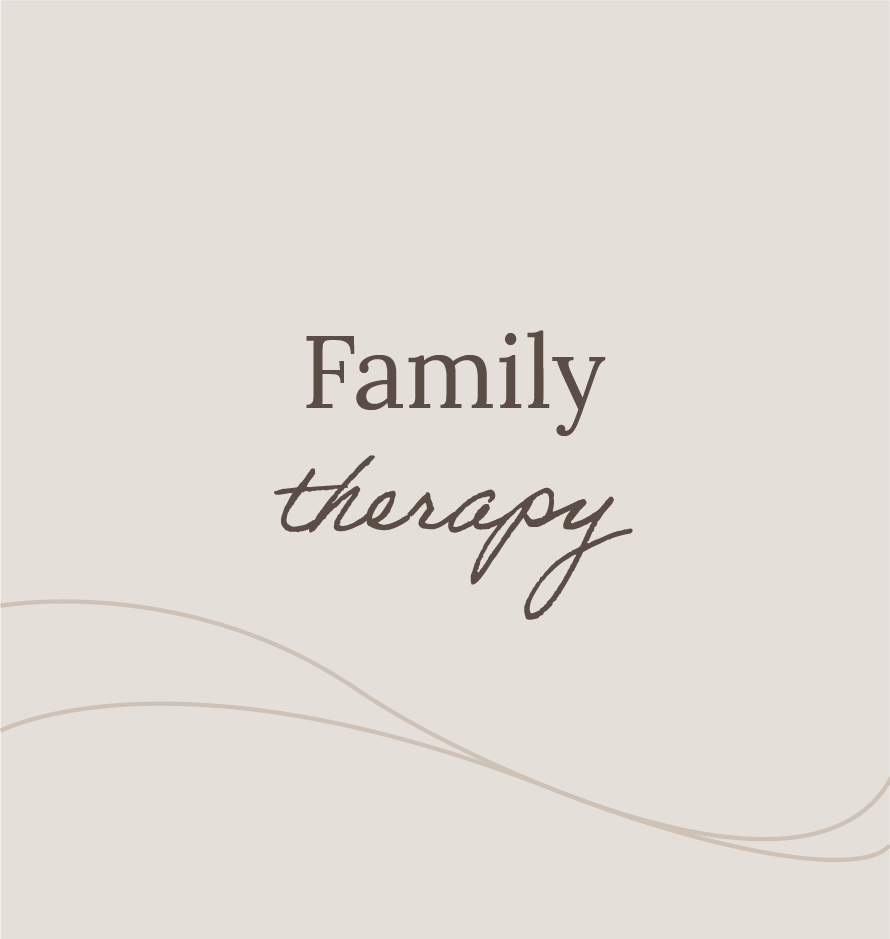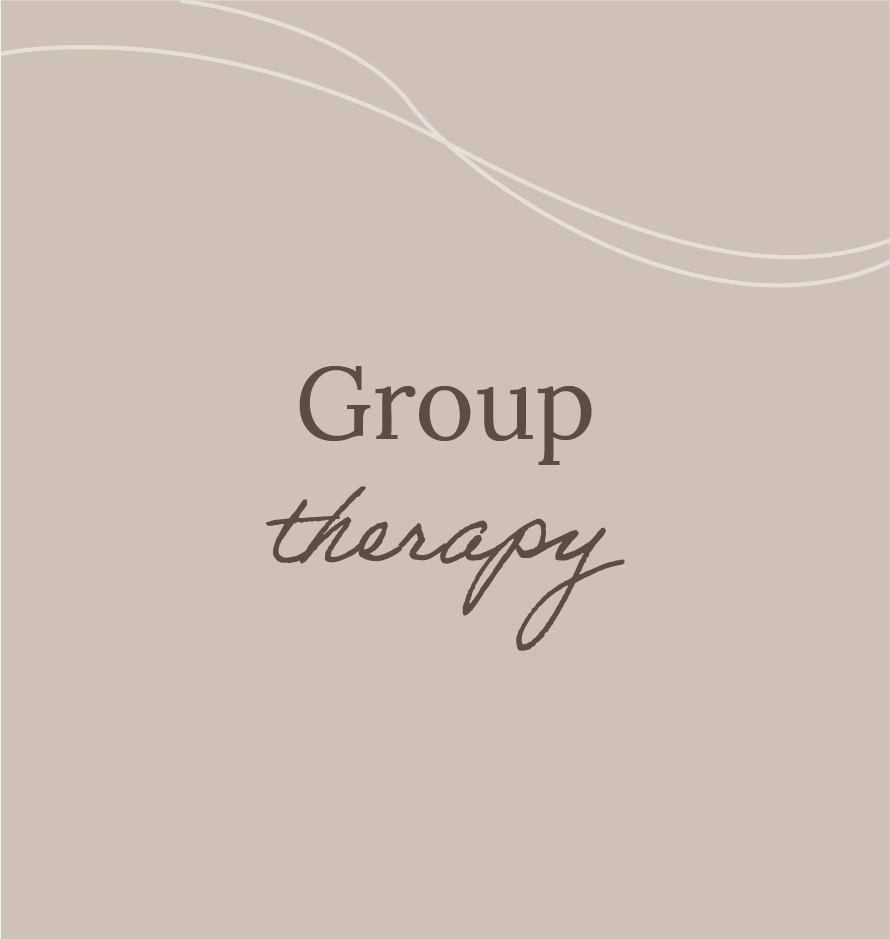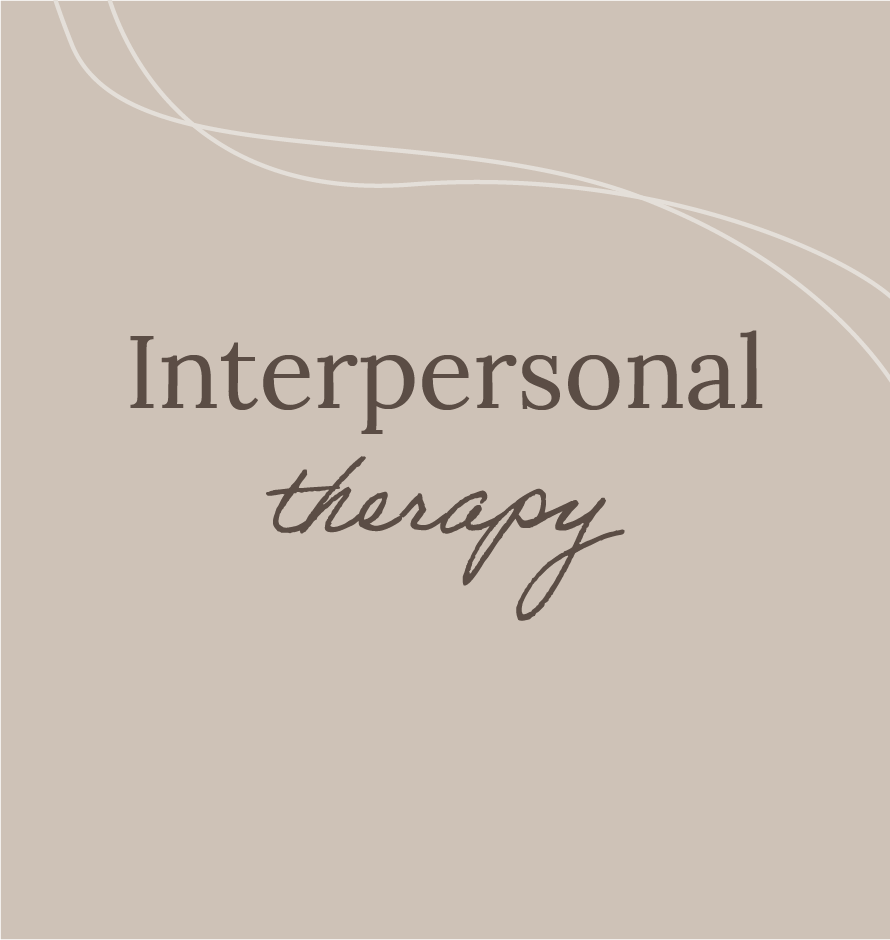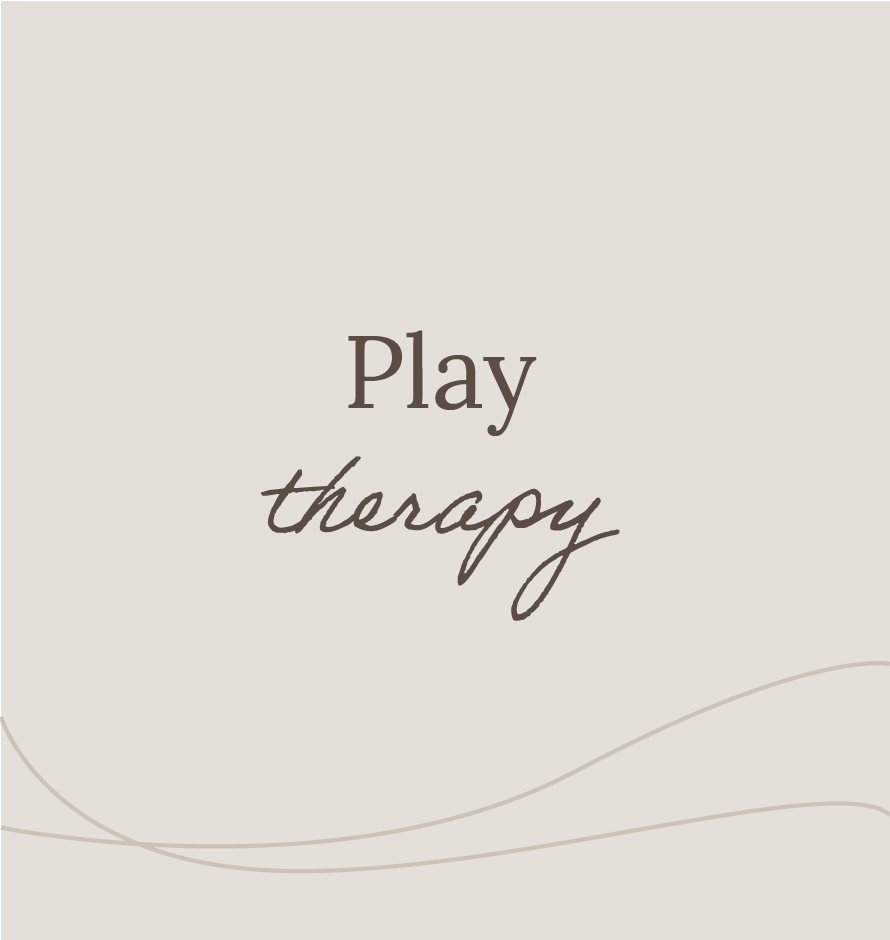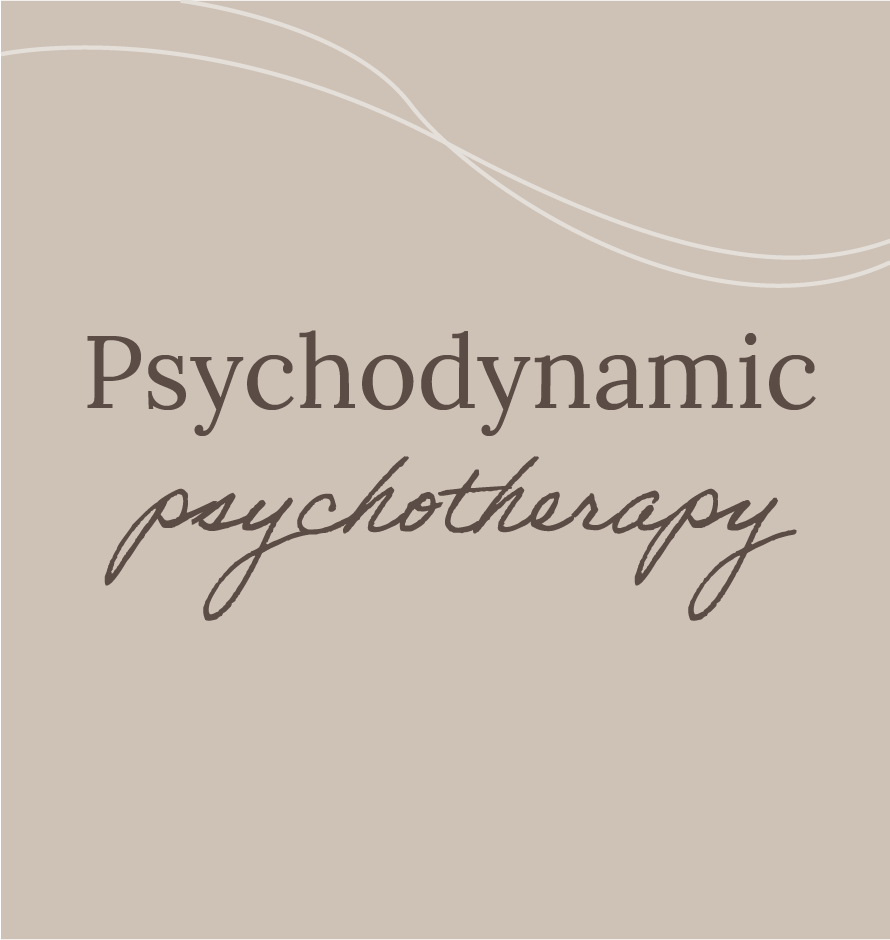Child & Teen Therapy
A safe space for children & teens
Children, just like adults, can participate in and benefit from counseling. Counseling can help children and adolescents learn how to identify causes of their distress, develop their skills in asking for help & expressing emotions, and improve their problem-solving abilities.
It can be overwhelming as a parent, guardian, or care-taker, to know how to help your child. You are not alone and hope can be found. At Fox Valley Institute we have several therapists on our team who specialize in child and teen-related issues.

We offer immediate scheduling for children & teens.
Our therapists understand that each child and family unit is unique, so therapy will be customized to best fit your needs. In addition, for your convenience we offer after school and weekend appointments.
Signs your child may benefit from seeing a psychologist or therapist
- developmental delay in speech, language, or toilet training
- learning or attention problems (such as ADHD)
- behavioral problems (such as excessive anger, acting out, bedwetting or eating disorders)
- a significant drop in grades, particularly if your child normally maintains high grades
- episodes of sadness, tearfulness, or depression
- social withdrawal or isolation
- being the victim of bullying or bullying other children
- decreased interest in previously enjoyed activities
- overly aggressive behavior (such as biting, kicking, or hitting)
- sudden changes in appetite (particularly in adolescents)
- insomnia or increased sleepiness
- excessive school absenteeism or tardiness
- mood swings (e.g., happy one minute, upset the next)
- development of, or an increase in physical complaints (such as headache, stomachache, or not feeling well) despite a normal physical exam by your doctor
- management of a serious, acute, or chronic illness
- signs of alcohol, drug, or other substance use (such as solvents or prescription drug abuse)
- problems in transitions (following separation, divorce, or relocation)
- bereavement issues
- custody evaluations
- therapy following sexual, physical, or emotional abuse or other traumatic events
Find a therapist
Visit our staff page and easily find a therapist that aligns with your unique needs and preferences.
How to prepare for your first visit
You may be concerned that your child will become upset when told of an upcoming visit with a therapist. Although this is sometimes the case, it’s essential to be honest about the session and why your child (or family) will be going. The issue will come up during the session, but it’s important for you to prepare your child for it.
If your child is 12 or under, the therapist will meet with you and/or your spouse alone first. The therapist will gather information necessary to understand the nature of the problem. Your therapist will most likely ask questions from very early on in your child/teen’s life, concerns for your child/teen, and attempts at helping your child.
It is often helpful to describe your therapist as a “feelings helper” to a young child. You may want to stress that this type of feelings helper talks and plays with kids and families to help them solve problems and feel better. Kids might feel reassured to learn that the therapist will be helping the parents and other family members too.
Older kids and teens may be reassured to hear that anything they say to the therapist is confidential and cannot be shared with anyone else, including parents or other doctors, without their permission — the exception is if they indicate that they’re having thoughts of suicide or otherwise hurting themselves or others.
Giving kids this kind of information before the first appointment can help set the tone, prevent your child from feeling singled out or isolated, and provide reassurance that the family will be working together on the problem.
Frequently asked questions
Don't see what you're looking for? Don't hesitate to contact us with any additional questions or concerns. We would love to connect with you.
-
What are the types of therapy for kids/teens?
Psychotherapy helps children and adolescents in a variety of ways. They receive emotional support, resolve conflicts with people, understand feelings and problems, and try out new solutions to old problems. Goals for therapy may be specific (change in behavior, improved relations with friends or family), or more general (less anxiety, better self-esteem). The length of psychotherapy depends on the complexity and severity of problems.
-
What is the goal of child/adolescent therapy?
Specific therapy goals are customized to meet the needs of the child and their family. The overall goal of our child and adolescent therapy program is to alleviate symptoms of distress; improve the child’s social and emotional resources; increase their use of effective communication skills; and strengthen family, community, and peer relationships.
-
How do you accomplish goals?
We strive to create an environment where a child/adolescent feels safe and protected from real or perceived threats to their sense of control. We then work collaboratively with the child/adolescent to identify their areas of distress, examine and express their feelings by expanding their emotional vocabulary, and develop positive ways to cope and thrive in their environments.
-
Do you just talk with my child/teen, like in adult therapy?
Yes and no. There is talking involved in the therapy process, however with children and adolescents the therapy incorporates many activities, play and games. It is important for us to engage and interact with the child/adolescent, versus “talking at” them, as the language they are most familiar with at this stage in life is more nonverbal and interactive.
-
If you play games with my child/teen, how does that help?
It can be difficult for children/adolescents to identify the sources of their distress and/or verbally express their feelings. Instead of forcing the child/adolescent into our adult world of discussion, we join them in their world of communication through play and activities. Through the process of play, we work on problem identification, problem solving, and communication skills. The focus is on creating a safe space for the child/adolescent to gain a better understanding of themselves and improve their communication and relationships with family and others.
-
Does the therapist solve my child’s/teenager’s problems?
Therapy is helpful if the individual works hard with the therapist. The therapist supports the individual, and suggests helpful ways to work on problems. But if the individual doesn’t work at solving the problem, the therapy won’t work.
It can be overwhelming as a parent, guardian, or care-taker, to know how to help your child. You are not alone and hope can be found. At Fox Valley Institute we have several therapists on our team who specialize in child and teen-related issues. Our therapists understand that each child and family unit is unique, so therapy will be customized to best fit your needs. In addition, for your convenience we offer after school and weekend appointments.
Therapies for children & teens
Psychotherapy is a form of psychiatric treatment that involves therapeutic conversations and interactions between a therapist and a child or family. It can help children and families understand and resolve problems, modify behavior, and make positive changes in their lives. There are several types of psychotherapy that involve different approaches, techniques and interventions. At times, a combination of different psychotherapy approaches may be helpful. In some cases, a combination of medication with psychotherapy may be more effective.
-
Cognitive Behavior Therapy
CBT helps improve a child’s moods, anxiety and behavior by examining confused or distorted patterns of thinking. During CBT, a child learns to identify harmful thought patterns. The therapist then helps the child replace this thinking with thoughts that result in more appropriate feelings and behaviors.
-
Dialectical Behavior Therapy
DBT can be used to treat older adolescents who have chronic suicidal feelings/thoughts, engage in intentionally self-harmful behaviors, and/or have borderline personality disorder. DBT emphasizes taking responsibility for one’s problems and helps the person examine how they deal with conflict and intense negative emotions. This often involves a combination of group and individual sessions.
-
Family Therapy
Family Therapy focuses on helping the family function in more positive and constructive ways by exploring patterns of communication and providing support and education. Family therapy sessions can include the child or adolescent along with parents, siblings, and grandparents.
-
Group Therapy
Group Therapy is a form of psychotherapy where there are multiple patients led by one or more therapists. It uses the power of group dynamics and peer interactions to increase understanding of mental illness and/or improve social skills. There are many different types of group therapy (e.g. psychodynamic, social skills, substance abuse, multi-family, parent support, etc.).
-
Interpersonal Therapy
IPT is a brief treatment specifically developed and tested for depression, but also used to treat a variety of other clinical conditions. IPT therapists focus on how interpersonal events affect an individual’s emotional state. Individual difficulties are framed in interpersonal terms, and then problematic relationships are addressed.
-
Play Therapy
Play Therapy involves the use of toys, blocks, dolls, puppets, drawings and games to help the child recognize, identify, and verbalize feelings. The psychotherapist observes how the child uses play materials and identifies themes or patterns to understand the child’s problems. Through a combination of talk and play, the child has an opportunity to better understand and manage their conflicts, feelings, and behavior.
-
Psychodynamic Psychotherapy
Psychodynamic Psychotherapy emphasizes understanding the issues that motivate and influence a child’s behavior, thoughts, and feelings. It can help identify a child’s typical behavior patterns, defenses, and responses to inner conflicts and struggles. Psychodynamic psychotherapies are based on the assumption that a child’s behavior and feelings will improve once the inner struggles are brought to light.
-
City skyline
ButtonCBT helps improve a child’s moods, anxiety and behavior by examining confused or distorted patterns of thinking. During CBT, a child learns to identify harmful thought patterns. The therapist then helps the child replace this thinking with thoughts that result in more appropriate feelings and behaviors.
-
Birthday Sparks
ButtonDBT can be used to treat older adolescents who have chronic suicidal feelings/thoughts, engage in intentionally self-harmful behaviors, and/or have borderline personality disorder. DBT emphasizes taking responsibility for one’s problems and helps the person examine how they deal with conflict and intense negative emotions. This often involves a combination of group and individual sessions.
-
Fashion Magazine
ButtonFamily Therapy focuses on helping the family function in more positive and constructive ways by exploring patterns of communication and providing support and education. Family therapy sessions can include the child or adolescent along with parents, siblings, and grandparents.
-
Blurred Lines
ButtonGroup Therapy is a form of psychotherapy where there are multiple patients led by one or more therapists. It uses the power of group dynamics and peer interactions to increase understanding of mental illness and/or improve social skills. There are many different types of group therapy (e.g. psychodynamic, social skills, substance abuse, multi-family, parent support, etc.).
-
Button
IPT is a brief treatment specifically developed and tested for depression, but also used to treat a variety of other clinical conditions. IPT therapists focus on how interpersonal events affect an individual’s emotional state. Individual difficulties are framed in interpersonal terms, and then problematic relationships are addressed.
-
Button
Play Therapy involves the use of toys, blocks, dolls, puppets, drawings and games to help the child recognize, identify, and verbalize feelings. The psychotherapist observes how the child uses play materials and identifies themes or patterns to understand the child’s problems. Through a combination of talk and play, the child has an opportunity to better understand and manage their conflicts, feelings, and behavior.
-
Button
Psychodynamic Psychotherapy emphasizes understanding the issues that motivate and influence a child’s behavior, thoughts, and feelings. It can help identify a child’s typical behavior patterns, defenses, and responses to inner conflicts and struggles. Psychodynamic psychotherapies are based on the assumption that a child’s behavior and feelings will improve once the inner struggles are brought to light.
-
Contact Us
Have questions, or interested in requesting an appointment? Get in touch with us today to begin the journey to mental wellness.
What our patients say about us

Slide title
FVI offers a listening ear without judgement and helps me understand what my options are to move forward in a positive way. The counseling is compassionate but at the same time constructive so you feel like you’re actually making progress toward your goals!
- H. L.
Button
Slide title
One of my worries of going to see a new therapist is whether or not I will be able to connect with them. From my very first visit, FVI was able to help me understand and see things that were getting in my way, including myself at times. From the calming and private atmosphere the waiting room provides to the office staff, Fox Valley Institute really helps to make me feel comfortable.
- A. H.
Button
Slide title
I cannot express in words how much these sessions have changed my life. My outlook on life is brighter; my self confidence and self-esteem are stronger; and best of all, I know that whatever life throws my way I can handle it. Thank you FVI!
- A. T.
Button
Slide title
FVI has encouraged and guided me, sat through tons of tears, and has also made me laugh really hard! In their way, they have helped me to see that life is sometimes difficult, but that I can handle it – and that what happens to me on good and bad days, does not define who I am. We all have a journey in this world. I’m learning to live it, with an empowering truth and strength, one day at a time.
- P. M.
Button
Slide title
With FVI's guidance and the practical tools they gave me, I was able to make it through one of the hardest times in my life. I also learned valuable lessons about myself and about healthy relationships. I continue to use these lessons and tools on a regular basis, both in my own personal and my professional life. I am so grateful for FVI and the role they played throughout this process. I would recommend anyone to them, and in fact I do send people to them on a regular basis.
- K. G.
Button
Slide title
I was really afraid of taking this step. I am 43 years old and have been a part of the firefighter culture of shouldering your burdens my whole life. I realize now that true strength is not in shouldering my burden, but in letting go and asking for help. I was able to open up to FVI simply because I saw that they truly cared. They have always been available to me in the times when my life was the hardest. I trust them completely.
- M. O.
Button
Slide title
Each time I left the office, I felt stronger and able to tackle my issues head on. More importantly, when I left our sessions, I thought about everything that was discussed and the great tools that he gave me to use, and was able to apply them to my situation. He more than once gave me material to read/study/links and we would talk about it during our next session to re-enforce the objectives, which was so helpful.
- N. R.
Button

The FVI Graduate Intern Program
The Graduate Intern Program was created to provide our community and clients with an option to receive quality counseling at a reduced fee. Our team of talented graduate interns will provide our clients with the necessary tools to cope, manage, and conquer the many challenges that life often brings.
Helpful resources
Get in touch
As experienced, licensed and professional therapists, our goal is to help you resolve your challenges. Our door is always open to help you through any crisis.
-
Where to find us
Our office is located at 640 N River Rd #108
-
What to expect
We understand that making this type of request is often a difficult step, so we will do our best to guide you through the process.
Your contact will be handled by one of our Client Care Specialists. Once we connect with you, we will ask you for some information. Questions may include:
How can we help?
What is your availability for an appointment time?
What is your health insurance?
Once your appointment is scheduled, you will be sent an email confirmation with new client paperwork.
-
How to contact us
Call us at 630-718-0717 ext. 240 or email us at clientcare@fvinstitute.com.
Child and Teen Contact
We will get back to you as soon as possible.
Please try again later.

